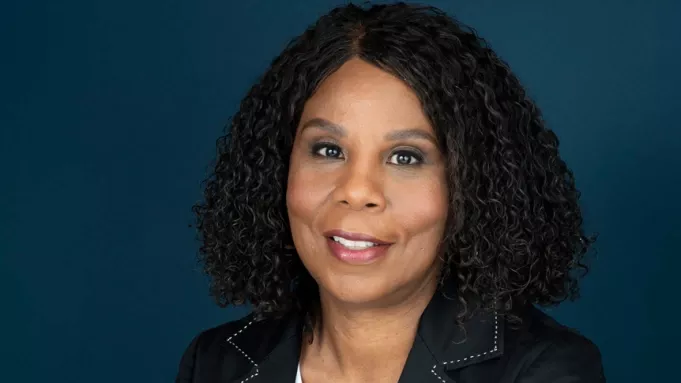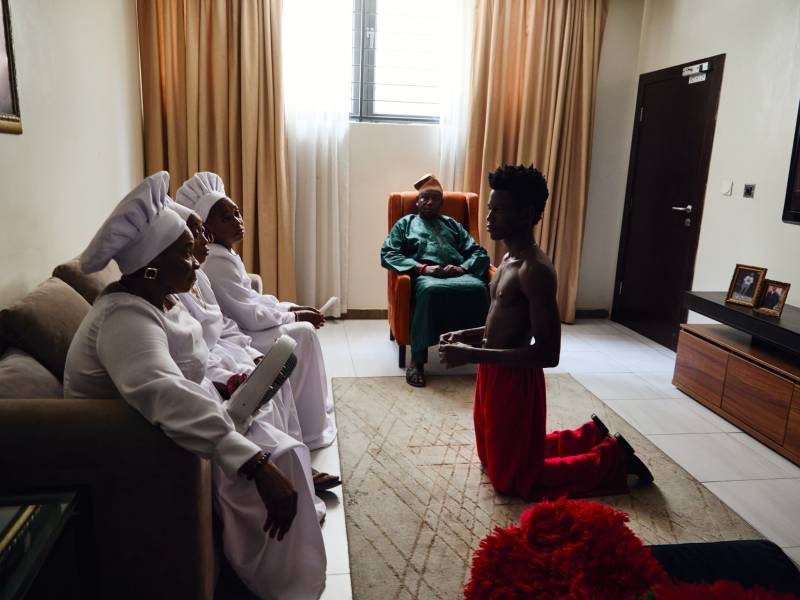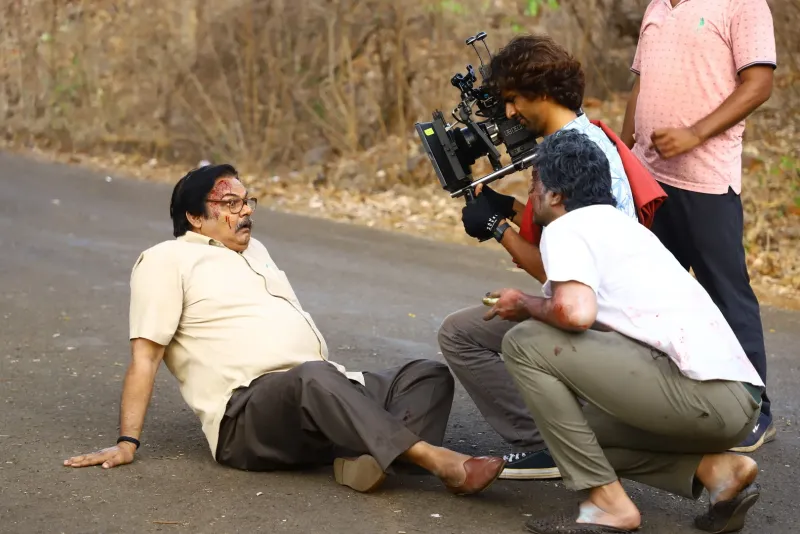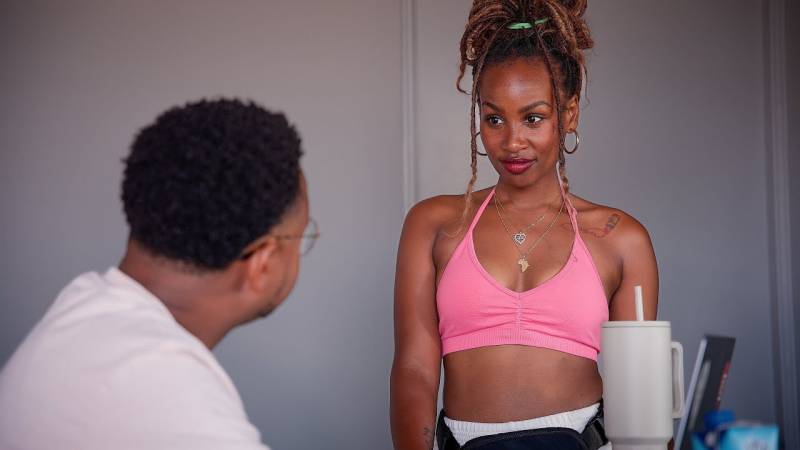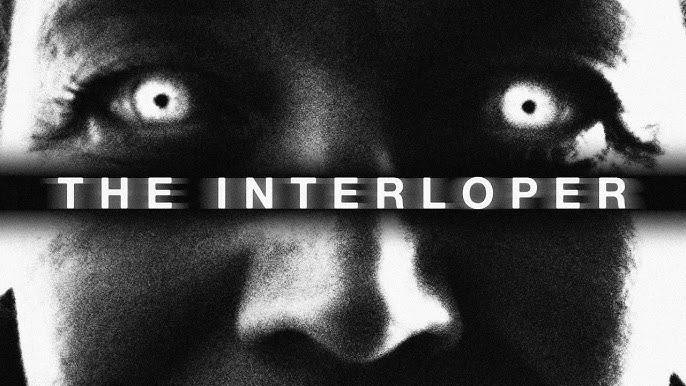An industry reckoning has the Canadian entertainment sector striving for racial parity to ensure early gains in diversity and inclusion are meaningful and sustainable.
And Joan Jenkinson, the inaugural executive director of the Black Screen Office, is working to chip away at historical systemic racism to get more authentic, diverse stories told worldwide by Black Canadian creators.
Read Also: Chinese man extradited to Malawi over racist videos
“There have been many very public statements and commitments for the last several years. I think we’re at a point now where we need to look more closely at measurable changes — to what extent have these commitments been fulfilled? What impacts have these changes had and for whom?” Jenkinson asked in a sit-down with The Hollywood Reporter.
The BSO has done a raft of studies — from Being Seen: Directives for Creating Authentic and Inclusive Content to Being Counted: Canadian Race-Based Audience Survey and the upcoming Being Heard: Black Canadians Working Within the Canadian Screen Industries, to be released in September — to track how well Black creators are represented in the ranks of Canadian actors, producers, writers and directors.
During a wide-ranging interview, Jenkinson touched on how to get more Black Canadian creators into the industry’s inner circles, the importance of equity over diversity, and how to remove roadblocks to visibility and success for underrepresented filmmakers.
BSO was formed to encourage the emergence, visibility and celebration of Black creators and content. Is that translating into access, money and support to develop and produce Canadian Black content?
It is for some. A unique aspect of BSO’s offerings is its hybrid nature: We are community-based and at the same time working within the industry to create systemic interventions to move Black creators into positions of access. We are placing accountability on industry gatekeepers to make enduring changes. For example, the BSO designed a pre-development program, funded by [broadcaster] BellMedia to create an anthology series — Festivale — with Black Francophone and Anglophone writers and experienced showrunners.
The deliverable was pitch-ready outlines and a series overview and a development order from BellMedia. The initiative gave new writers direct access to BellMedia executives, [BellMedia’s] first-ever Canadian Black-led show and the first ever bilingual initiative between [BellMedia’s streaming service] Crave English and French. They were accountable for the funding program, have access to development executives and are invested in seeing the show move forward.
Black Canadian creators say getting the same opportunities as white people in the industry requires becoming known to decision-makers and gatekeepers to access development and production funding. Is that happening?
For some it is. Many of the pathways that claim to facilitate participants becoming known to gatekeepers — like participating in industry-led development programs — fail to deliver on the promise of connections and credibility. For Black creators, becoming known takes more than simply being put in contact. It’s about being ‘seen’ and recognized as creative talent, which requires a change in mindset from current decision-makers.
Our research highlights the ways Black content is not understood by non-Black decision-makers who are using their own experiences and preferences to evaluate a project’s relevance to audiences. Lack of cultural understanding among those decision-makers means Black content is being evaluated using criteria that do not include them — criteria based on audience research that doesn’t represent Black, indigenous and people of color audiences. This is a way bias is embedded into the system and Black creators aren’t seen by decision-makers and gatekeepers.
What’s been done to remove those roadblocks?
There is some indication this is changing, due in large part to organizations like the BSO and BIPOC TV & Film. Programs led by Black industry leaders [and] instructors create spaces in which Black creativity and artistic voices are understood and nurtured. These are more productive spaces for Black creators who, in other programs, are pressured to change their work for white instructors, adjudicators and audiences. In other words, for Black talent to be recognized in [some] programs, they need to adopt white ways of storytelling and let go of creating authentic and representative content. This isn’t truly being seen as creators.
The industry is rolling out databases and directories for Black Canadian talent. Are Black Canadian creators going beyond raising their profile to reaching that inner circle of development and production?
